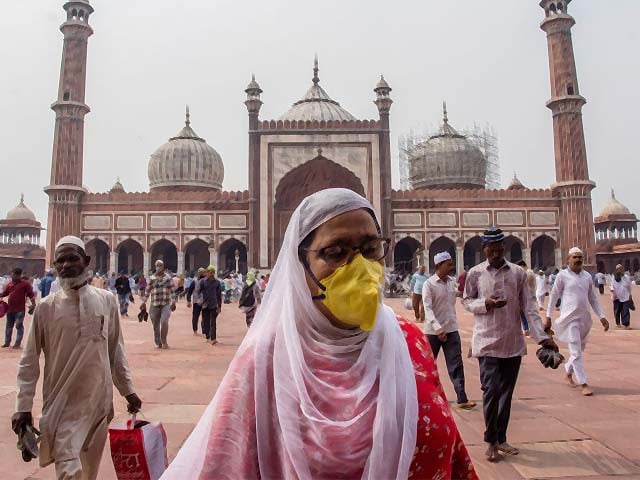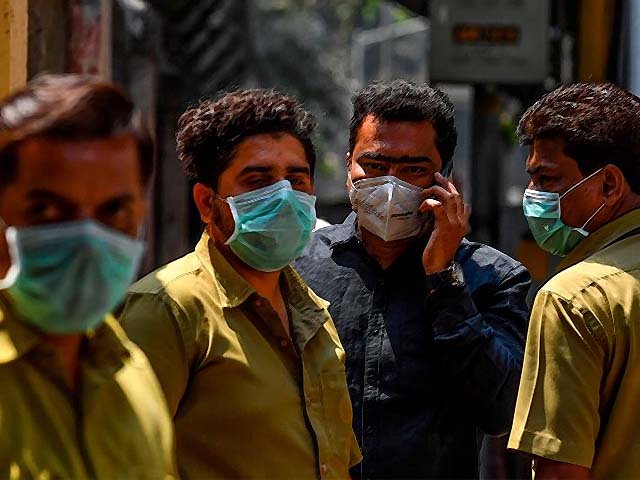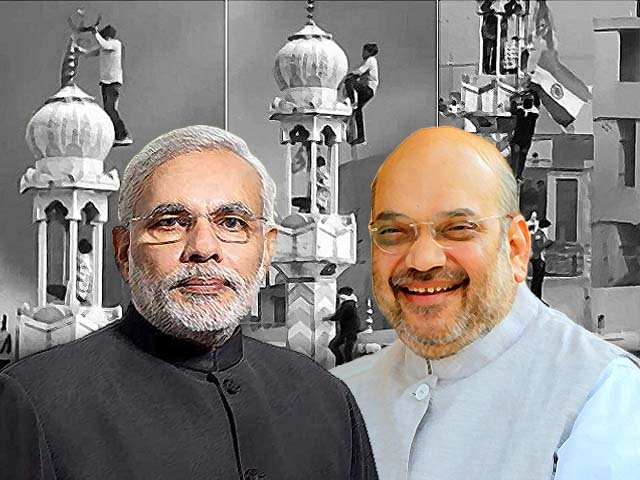
Liberal India will not accept the SC verdict, we are not against LGBTs
The LGBT community is not alone. India is against this parochial mindset - not for gay rights, but for democracy.
Shehla Rashid cuts a lonely figure in the crowd of the gay, lesbian, bisexual and transgender (LGBT) community at Delhi’s protest street popularly known as Jantar Mantar. A student of sociology in a leading university in the capital and an activist fighting for the cause of women and minorities, Rashid has come to express solidarity with the gay community who are outraged over the judgement of the Supreme Court that has criminalised same sex alliance.
The young student feels angry that the apex court has lost a historical opportunity to give the sexual minority their due rights under the constitution.
“The judgement has taken us several decades back. The feminist movement is fighting against exclusion, patriarchy, discrimination and violence. The judgement exposes the LGBT to that. The apex court cannot shy away from deciding issues related to fundamental rights. Leaving such a crucial question to the goodwill of parliamentarians, many of whom are not trained in human rights, exposes the gay community to the immense risk of discrimination”, feels the agitated student.
Rashid is not alone in sharing this feeling of angst against the verdict, which many call an attack, not only on the freedom of the gay community but also on all kinds of minorities that feel threatened by the majoritarian agenda that seems to dominate public discourse.
India’s highest court of justice reversed a four-year-old verdict of the Delhi High Court that had legalised gay relationship by diluting section 377, which makes same sex alliance criminal.
The bold decision of the lower court gave the community a legal respectability which was denied to them for many years. By reversing the 2009 judgement, however, the Supreme Court has made the community a legal pariah and emboldened the conservative elements in the society.
The India of 2013, however, is unwilling to accept such a parochial judgement, even if come from the highest court of justice in the country. In liberal India’s mind, the court is supposed to act as a conscience keeper of society and upholder of individual freedom and liberty, a duty it seems to have forgotten.
The courts have to realise that the gay community is not alone in their fight and this was seen only a few hours after the verdict, when cross sections of the society came out onto the streets to protest the judgement.
Generally shy and reserved, hundreds of members from the LGBT community descended onto the streets of Delhi to protest against what they call discrimination and injustice done to them by the court.
“The judgement is a deep betrayal of the fundamental constitutional promise that the dignity of all citizens would be recognised and that equal treatment is a non-negotiable element of the world’s largest democracy”, says Arvind Narayan of Alternative Law Forum, one of the petitioners in the case fighting for LGBT rights.
Giving chorus to the protests were civil society activists and several women’s rights groups indicating, in concrete terms, that the fight of the sexual minority is not an isolated one but is linked to the wider cause of individual freedom. What they protest against is the parochial mindset that may exist in the society.
For the first time in India, after sensing the strong sentiments being displayed by the liberal sections of society, Congress came out openly in support of the gay rights.
The party chief, Sonia Gandhi, expressed disappointment over the court’s ruling and vowed to explore legislative options to correct the wrongs done to the gay community. Senior ministers of the central government also expressed unhappiness over the court’s ruling and vowed to find alternative legislative routes to legalise gay relationships.
On the other hand, the Hindu right wing organisation, the Bharatiya Janata Party (BJP) opposed any move to legalise gay marriages and upheld the court’s order. The party’s president, Rajnath Singh, termed gay relationships unnatural and opposed any legislative sanctity to the LGBT community.
Different political opinions on this issue show how the country stands polarised on the subject. The debate around this issue mirrors the deep cleavage that exists on the issue of minority rights and the majoritarian agenda.
Social commentator and political scientist, Pratap Bhanu Mehta, wrote in the Indian Express,
“Does it befit a liberal democracy to criminalise homosexual activity between consenting adults? Does it befit it to be hostage to an archaic concept of ‘natural’? Is the criminalisation not an infringement of every value we hold dear: liberty, equality, privacy, the right to life? In this sense, the case is not about gay rights. It is about all of us. It is also about the fact that in a decent society, no one, no matter how small a minority, should be targeted for simply being who they are. The court has, in some literal sense, infringed on the dignity of innocent citizens who just want, like everyone, the right and space to be themselves. To deny them that space is not to uphold some order of nature or a moral value or some tradition. It is simply to let prejudice masquerade as law.”
The open hostility to the court’s verdict is an indication of the changing attitude of society. Patriarchy and the old mindset have come to be challenged in the country, especially after last year’s Delhi gang rape case.
Prejudices of all kinds, societal and legal, against women and deprived sections are being questioned by people all over India. Large scale demonstrations forced the political class to strengthen laws protecting women from any kind of violence and discrimination. The Delhi rape protests succeeded in making women issues top priority.
Today gay rights and freedom are not seen as any different from the protests for the protection of women’s rights. Society is much more open to accepting the LGBT community than before, despite countless taboos existing even today. The metropolitan class of society has had no issues accepting the gay community as friends, colleagues and partners; and this is a reality that the Supreme Court has failed to recognise.
This ruling is seen by many as an attempt by the courts to turn a blind eye towards the obvious changes in societal values. It is taken to be an attack on the evolution of a liberal and modern society where all kinds of religious and sexual minorities enjoy equal freedom.
Liberal India is protesting today, not for gay rights but for the cause of a democracy where everyone is equal and the constitution recognises every individual’s liberty and freedom.




COMMENTS (84)
Comments are moderated and generally will be posted if they are on-topic and not abusive.
For more information, please see our Comments FAQ